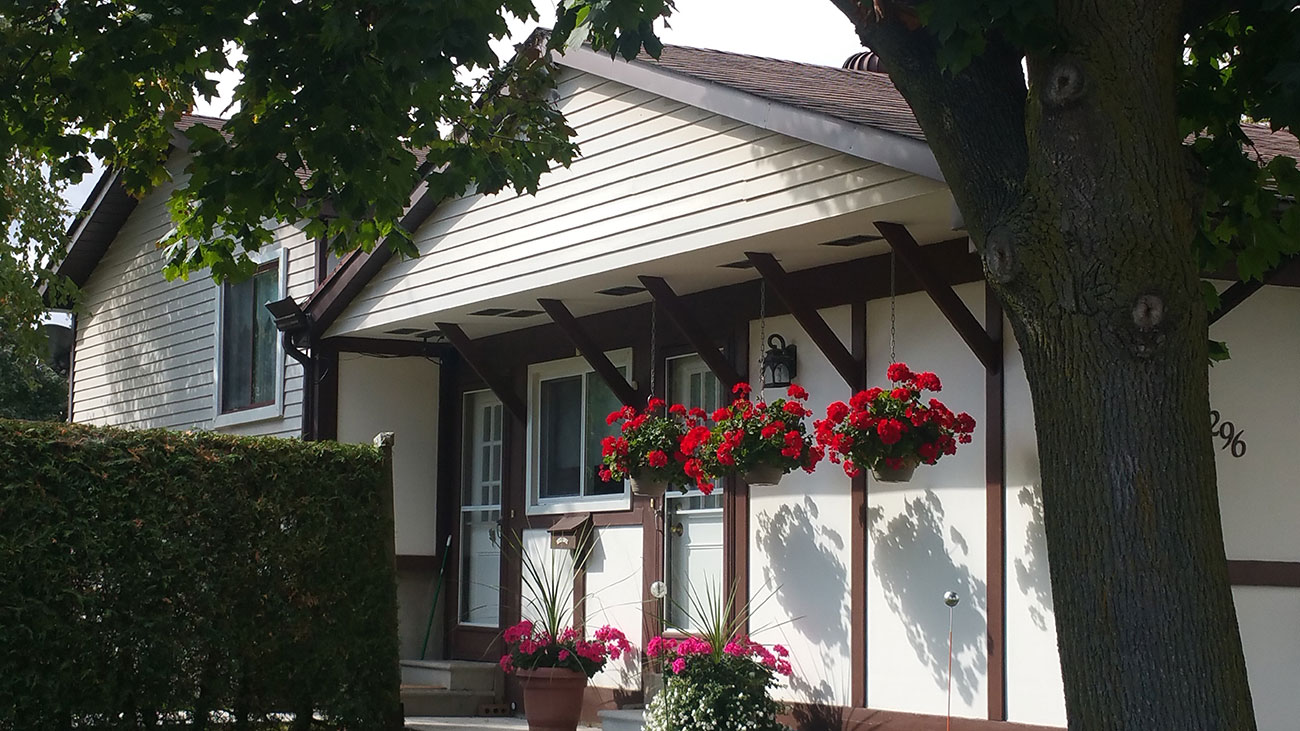On paper, becoming a landlord seems like a no brainer. It’s an excellent way to generate extra income and to build your wealth. However, it doesn’t feel like such a great idea when you have to deal with problem tenants or an unexpected event, like a flooded basement.
As a property management services company, we’ve seen firsthand hundreds of cases of what landlords have to deal with. In that time, we have found some helpful dos and don’ts for landlords. When properly planned and managed, an income property can provide an additional revenue stream throughout your working life and in retirement as well – here are six tips for increasing the likelihood of a positive rental experience.
1. Treat It Like a Business
Many new landlords don’t realize that an income property is a business. The concerns of a landlord are the same as a business owner; there are expenses, overhead, cash flow, collections, emergency services, and many other things to take into account. If you don’t pay attention to your rental property or your tenants, things can quickly get out of hand.
You need to treat the rental property as an independent business. Keep track of where the money is coming from and where it is going. Landlords have found success in keeping a separate bank account to deposit rent cheques and pay for any expenses. This marks a clear delineation between your personal income and your rental income.
Bonus Tip: Only take money out for yourself once or twice a year at predetermined points, and only if there are no large repairs looming.
2.Know Your Rights And Responsibilities
We have read the entire Landlord Tenant Act, and we can assure you that it is filled with long and boring legalese. However, it is an essential document to know. It outlines what a landlord can and can’t do and how you should go about interacting with your tenants. It also states what the tenant’s responsibilities are.
It may be boring, but knowing the act will help prevent some potentially significant problems in the future. If you simply can’t bring yourself to read it, try reaching out to a paralegal or rental property management services company. They will be more than happy to sit down and explain the basics of the Landlord Tenant Act (for a nominal fee). It is worth the investment – especially when you consider the cost of a bad tenant or making a grievous error that could cost you thousands of dollars to fix.
3. Make Sure You Don’t Overspend
Sometimes the success or failure of an income property happens before you take ownership. You have to remember this is not your home, it is an investment and should make you money. So don’t overpay!
If a property can’t cover the mortgage and monthly expenses, then it will be exceedingly difficult to make money from the property. Don’t forget to add things like insurance, property taxes, and the water bill to your overhead costs.
4. Don’t Rush To Get A Tenant
Having the right person renting from you can be the difference between making and losing money. So don’t rush in.
If you want to do-it-yourself, you’ll need to spend quality time vetting prospective tenants. You need to view it as a potentially lengthy process, but it’s worth the investment. Good tenants don’t cost you anything, but bad tenants definitely will. Make sure to check references, do a background check, and get a credit check done.
If you are a first-time landlord, working with a rental property management company to tenant your property is well worth the money. They have the experience in vetting tenants and will probably have a good idea of any people to steer you away from. This service usually costs about one month of rental income. But it could be the best money you ever spend on your property.
5. Maintenance, Maintenance, Maintenance
Don’t forget to do the necessary repairs and maintenance of your rental property. Spending a couple of bucks every month to make sure your property is repaired and maintained is much easier than having to do a big repair down the road.
Small repairs go a long way. New siding, a fresh coat of paint, or a little landscaping around the yard payoff when trying to impress the right tenant. You wouldn’t believe the amount of money that people have wasted due to a faucet that won’t stop leaking!
6. Fire Alarms
In most municipalities, it is illegal to have no functioning fire alarms in a rental property, and the fines can be very hefty. Make sure to replace the batteries at least once a year, and if a fire alarm is past its expiry date, replace it.
Daylight savings time is often a great reminder to drop by and take a look at the fire alarms in your rentals, and while you are there you can replace the furnace filters and inspect the unit to make sure nothing requires your attention.
It is important to protect yourself so that you don’t end up with an asset that continually drains your bank account. Following these 6 tips will help ensure you get the most out of your rental properties.
If this seems daunting, then maybe you should talk to us. We can cater our services to fit your needs. We can add that fresh coat of paint, take care of snow removal, or handle a full renovation – when it comes to all things property, we can help.
